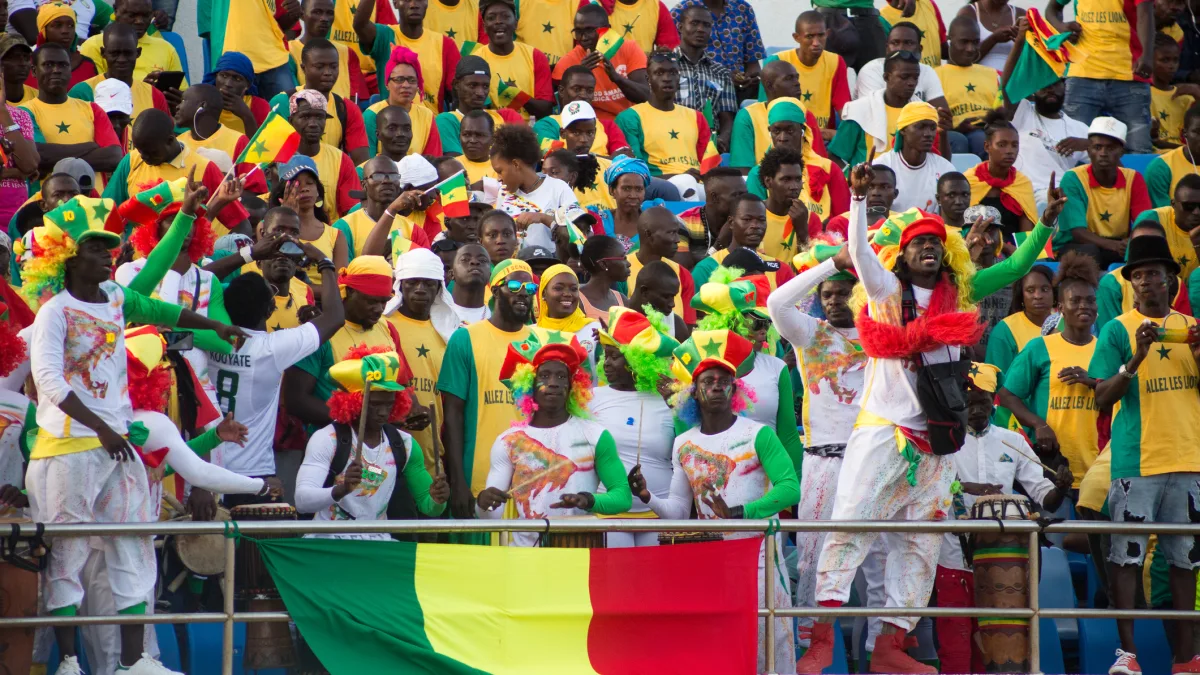Bulgaria this week looked set to announce yet another parliamentary election—the country’s seventh in three years—after the populists of There Is Such a People (ITN), the last of three political parties asked by President Rumen Radev to form a coalition government, failed to do so owing to lack of support from MPs.
ITN, which won just 16 seats in the 240-seat parliament in the last election, held on June 8, was never likely to break Bulgaria’s political deadlock. The party was asked to try and form a government after the countries two largest political groups, GERB-UDF and We Continue the Change-Democratic Bulgaria had similarly failed to find enough common ground with other parties.
A new election is likely to be held in October.
Common ground where it’s convenient
Reluctant though they may be to form a functioning government, which the country needs to accelerate the flow of EU funds in order to end a long period of stagnation, Bulgaria’s MPs this week did manage to come together to vote through a fast-tracked law banning the portrayal of LGBT+ identities in Bulgarian educational institutions.
The law’s main backers, the far-right, pro-Russia, and ultra-nationalist Revival party, drafted the law using wording based on similar Russian and Hungarian anti-LGBT+ propaganda laws, which both countries have been heavily promoting elsewhere in Europe.
Revival is a member of the new Patriots for Europe grouping in the European Parliament, which includes MEPs who have declared an interest in forming a “pacifist” and eurosceptic group to improve relations with Russia, and MEPs who were expelled from the Identity and Democracy (ID) Group for extremisim shortly before the European election.
Both the first and second readings of the law were held on August 7, just a week after it passed the committee stage, in a clear fast tracking of the legislation through parliament in its last session before the summer reccess, and while most watchdogs and international institutions are on holiday.
The law won a comfortable majority, passing with 159 votes for and 22 against (mainly from We Continue the Change-Democratic Bulgaria), with 12 abstentions.
Lawmakers also voted on a separate text that defines “nontraditional sexual orientation” as “different from the generally accepted and established notions in the Bulgarian legal tradition of emotional, romantic, sexual, or sensual attraction between persons of opposite sexes”.
It also passed, albeit with a smaller majority.
One member of Revival said that, “pederasty” should be challenged and that she hoped that her one-year-old son would “never bring home a husband”.
Chaber, the mononymous leader of ILGA-Europe, the contintent’s largest LGBT+ rights organisation, said that Revival, and all those who voted in favour of the law, “claim that this is to protect young people, however the truth is that this is an attack on the rights of children, particularly LGBTI children”.
ILGA-Europe believes that the similarities of the law to Russian anti-LGBT+ propaganda legislation adopted in 2012, and the Hungarian anti-LGBT+ propaganda law adopted in 2021, make it incompatible with international and European human rights standards.
“The Venice Commission of the Council of Europe has repeatedly found such anti-LGBT+ propaganda laws to be in violation of the European Convention on Human Rights (ECHR). The more recent Venice Commission Opinion on the Hungarian anti-LGBT+ propaganda law found it to be incompatible with the ECHR and international human rights standards, including the law’s amendments regarding the educational sector,” the organisation said in a statement.
The Venice Commission found that the law, “fails to comply with the positive obligation of Hungary to ensure that the educational system provides children with objective and non-biased information on gender identity and sexual orientation and protects them from discrimination on the same grounds”,
According to Denitsa Lyubenova, a lawyer at LGBT+ organisation Deystvie in Bulgaria, “The previous opinion of the Venice Commission makes it clear that such ‘anti-propaganda’ bills put children and youth at risk by contributing to creating a threatening environment where LGBT+ children can be subject to health-related risks, bullying and harassment, and they exclude LGBT+ people from fully participating in a democratic society”.
A European trend
The law follows repeated attempts in recent years by Revival to table a Russia-style ‘Foreign Agent’ law, which would see civic space severely curtailed and contribute to the erosion of democratic checks and balances.
In fact, this combination of Russian-style Foreign Agent laws and anti-LGBT+ propaganda laws is a growing trend in Europe, with Georgia most recently having adopted a Foreign Agent law in May this year and then only five days later announcing an anti-LGBT+ legislative package which includes a ban on LGBT+ content in education, media and the arts.
Adds ILGA-Europe’s Chaber: “The fast-tracking of this law through the Bulgarian parliament is a clear attempt to avoid scrutiny, and highlights the political nature of this law. Both Bulgaria and Georgia have national elections upcoming in October. LGBTI people are being used in both scenarios as scapegoats and as a distraction to secure votes for far-right and Russia-aligned political parties.”
The European Commission has highlighted, in its 2024 Rule of Law report, that the current procedure of legislative initiatives tabled by MPs in Bulgaria does not adhere to desired standards, such as allowing civil society consultation, conducting impact assessments, and assessing compliance with EU law.[4] This adopted law is a clear example of these rule of law shortcomings.
Says Chaber: “Given the extremely fast-tracked procedure for this law, its clear political aim is to scapegoat LGBTI people and legislate against their human rights. It is incompatible with Council of Europe and EU standards on law-making and non-discrimination. As such, ILGA-Europe request that the European Commission assess the law’s compatibility with EU law and call for a strong reaction from all EU member states.”
If only Bulgaria’s MPs could fast track a stable government.







